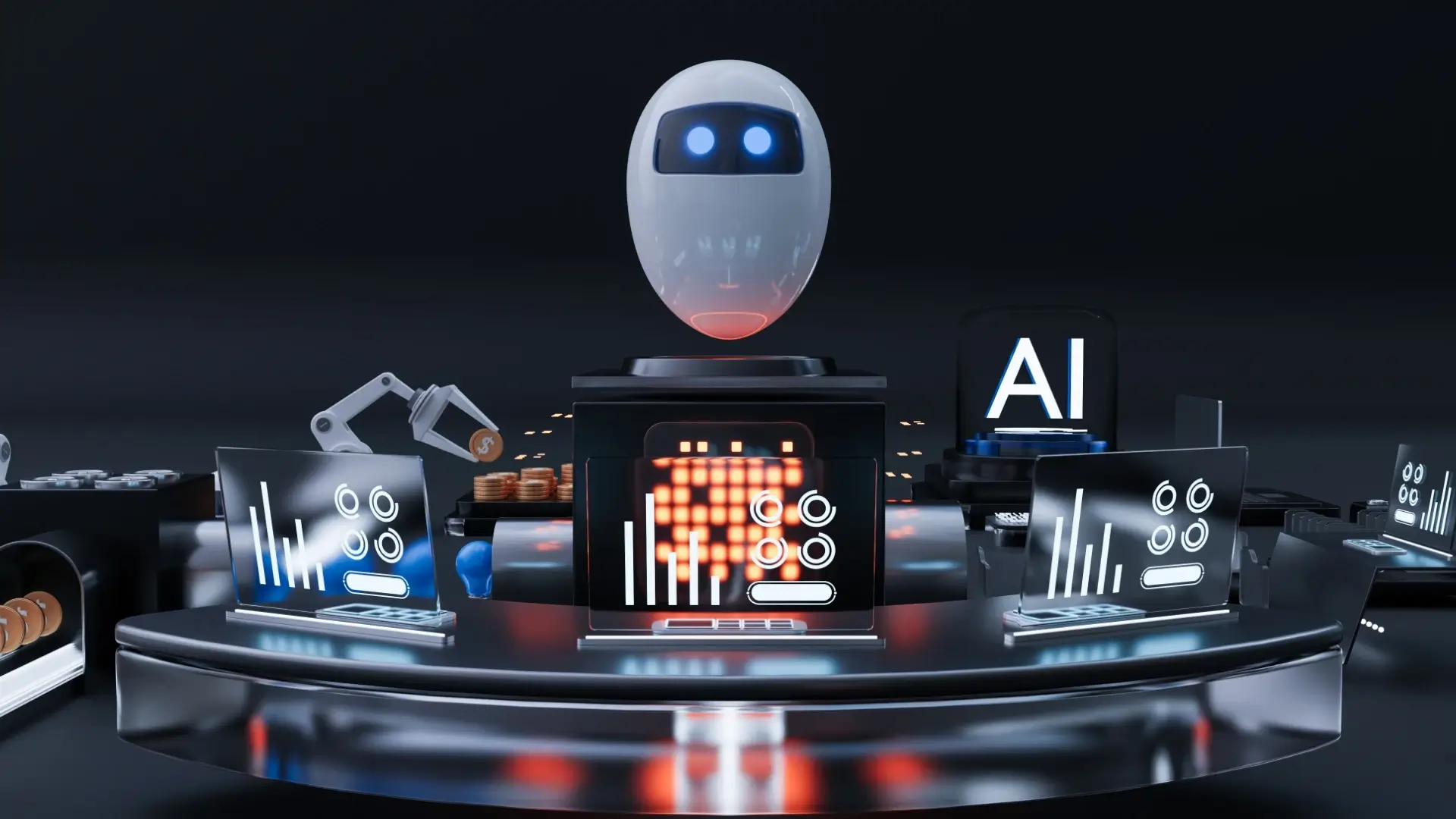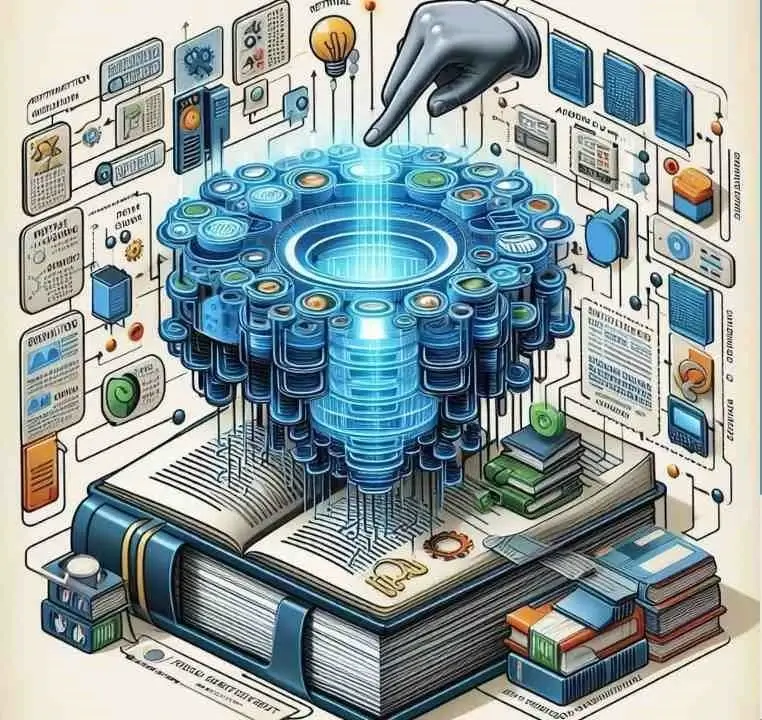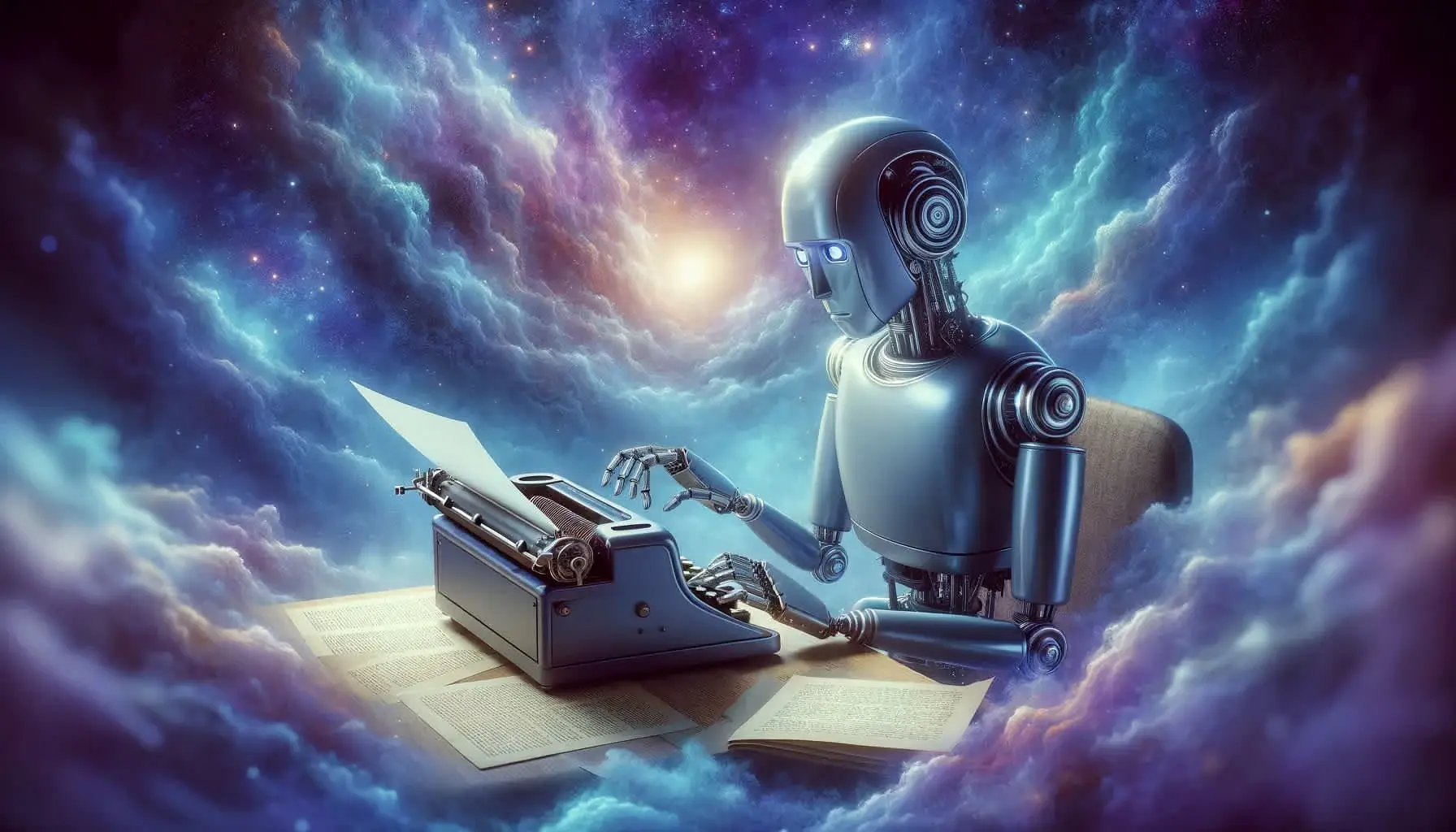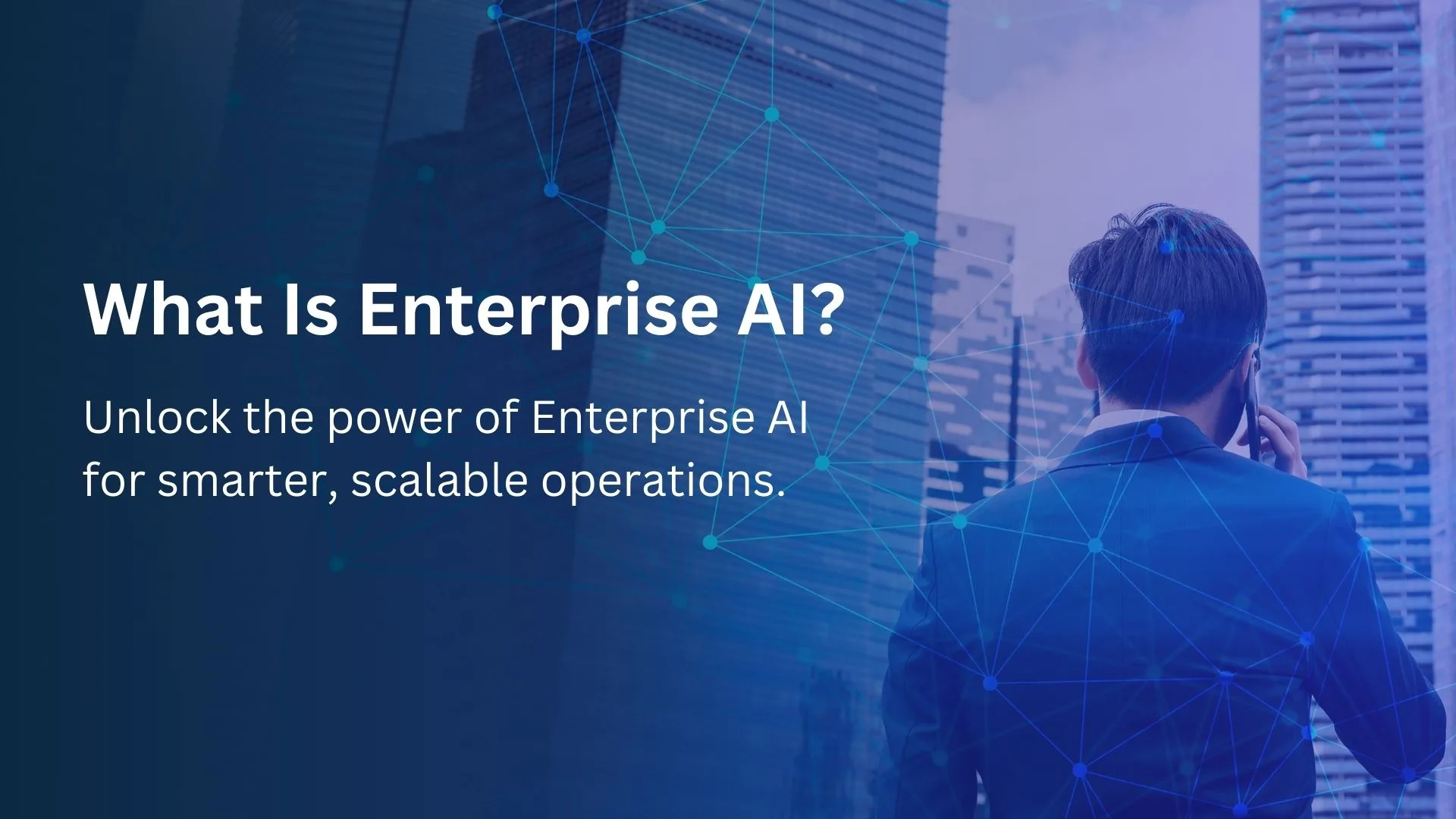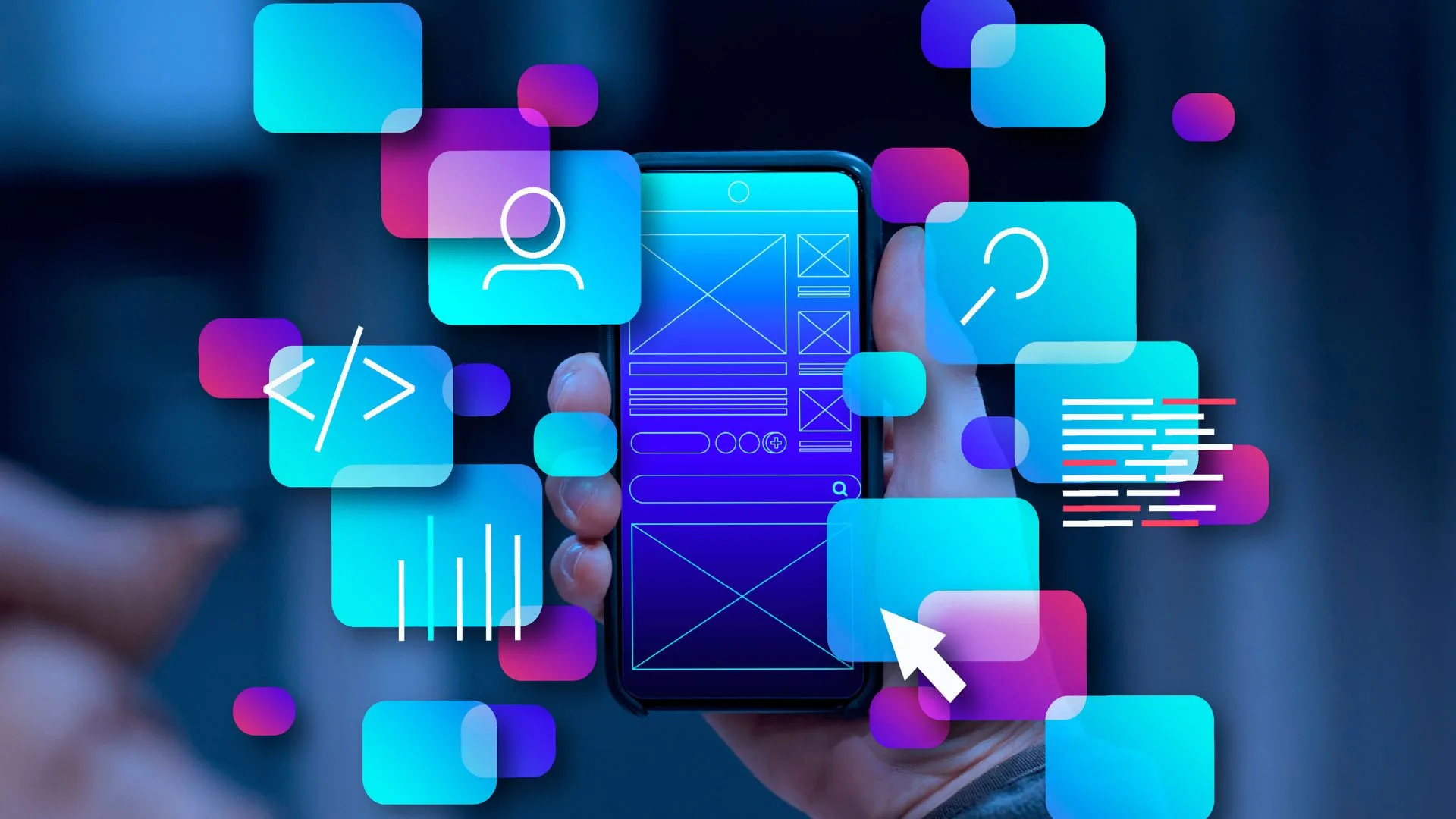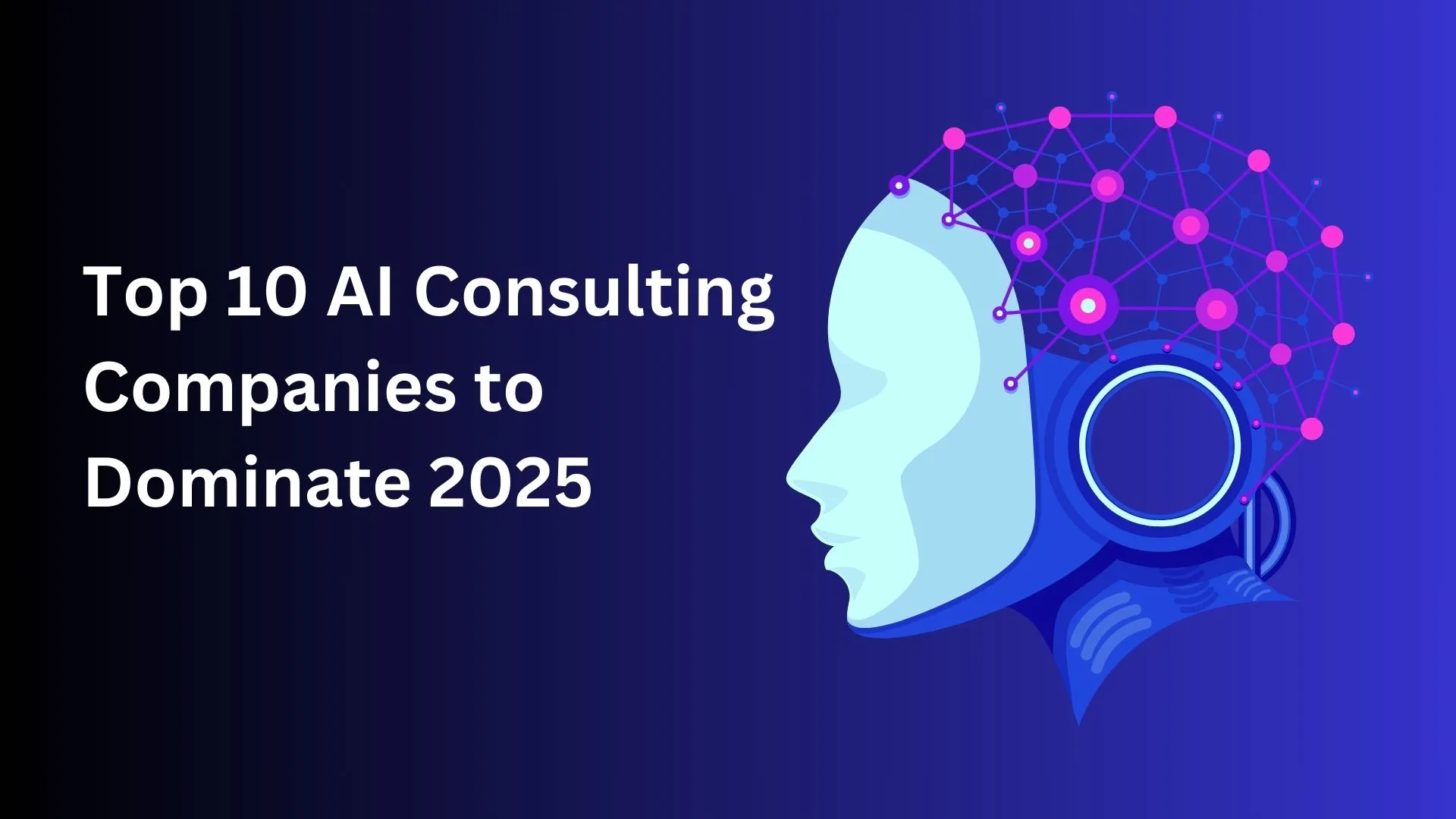Generative AI (Gen AI) is transforming the Software Development Lifecycle (SDLC), offering unprecedented creative potential. However, estimating Gen AI projects presents unique challenges. This post explores innovative estimation techniques tailored for Gen AI integration in software development.
Challenges in Traditional Gen AI Estimation:
- Dynamic Workflows:
- Iterative and exploratory nature of Gen AI tasks
- Difficulty in defining precise scope upfront
- Creative Unpredictability:
- Potential for unexpected ideas and solutions
- Risk of scope creep and estimate adjustments
- Technological Uncertainty:
- Novelty of Gen AI applications
- Limited historical data for accurate predictions
Agile Estimation Techniques for Gen AI:
- User Story Mapping:
- Breaking down Gen AI tasks into user-centric stories
- Defining clear acceptance criteria for each story
- Modified Planning Poker:
- Incorporating buffer time for exploration
- Using story point ranges to account for uncertainty
- Rolling Wave Planning:
- Regular re-estimation as the project progresses
- Adapting to new insights from Gen AI exploration
Key Considerations for Successful Gen AI Estimation:
- Goal Definition:
- Setting clear, measurable objectives
- Establishing benchmarks for project success
- Data-Driven Refinement:
- Continuous collection of performance metrics
- Leveraging historical data to improve future estimates
- Stakeholder Communication:
- Maintaining transparency about Gen AI uncertainties
- Managing expectations throughout the project lifecycle
Implementing Gen AI Estimation in Your SDLC:
- Team Training:
- Educating teams on Gen AI capabilities and limitations
- Developing skills in Agile estimation techniques
- Pilot Projects:
- Starting with small-scale Gen AI initiatives
- Gathering data to refine estimation processes
- Continuous Improvement:
- Regular retrospectives to assess estimation accuracy
- Iterative refinement of Gen AI estimation practices
The Future of Gen AI Estimation:
- AI-Powered Estimation Tools:
- Development of intelligent estimation assistants
- Automated analysis of Gen AI outputs for effort prediction
- Industry Standardization:
- Emergence of best practices for Gen AI project estimation
- Creation of Gen AI-specific estimation frameworks
- Adaptive Project Management:
- Integration of machine learning for dynamic project planning
- Real-time adjustment of estimates based on Gen AI performance
Conclusion: Estimating Generative AI projects requires a shift in mindset and methodology. By embracing Agile techniques, focusing on clear communication, and maintaining flexibility, development teams can navigate the uncertainties of Gen AI and unlock its transformative potential in the SDLC.



